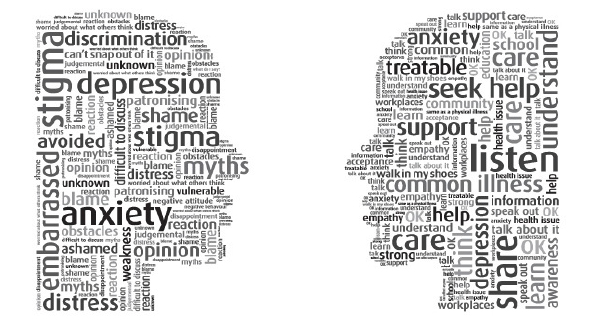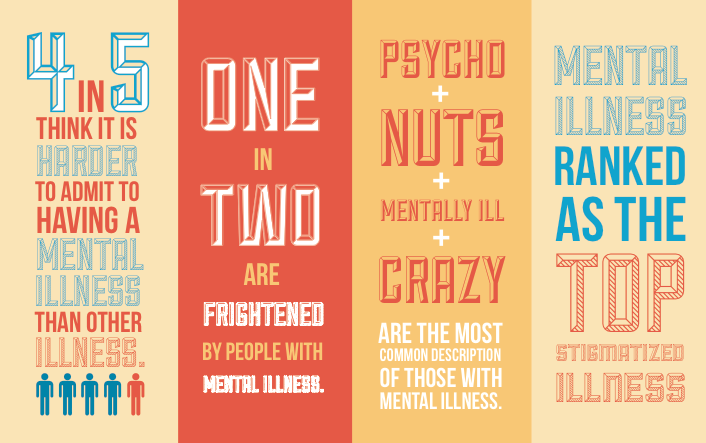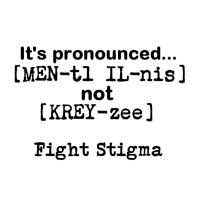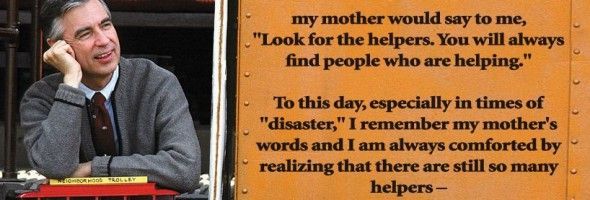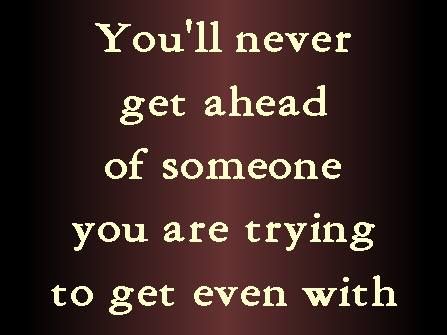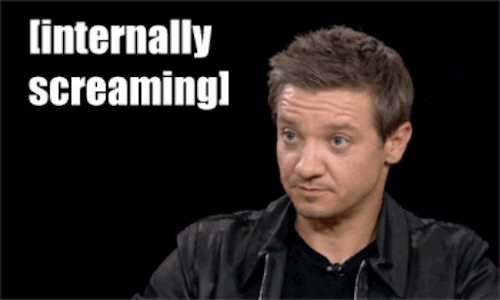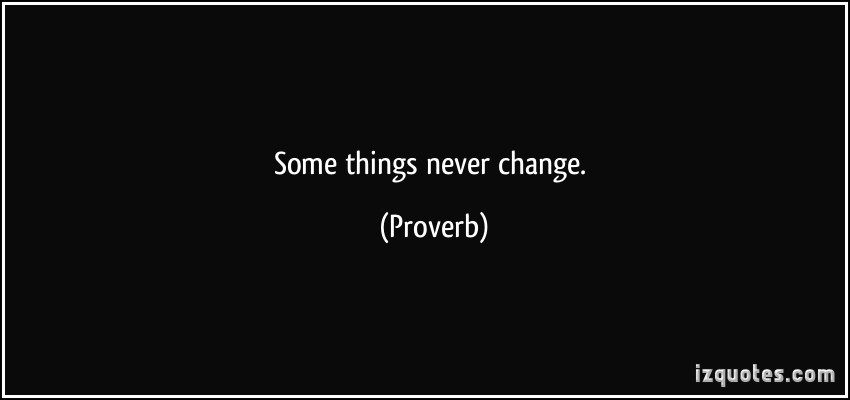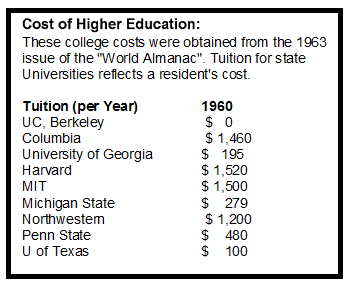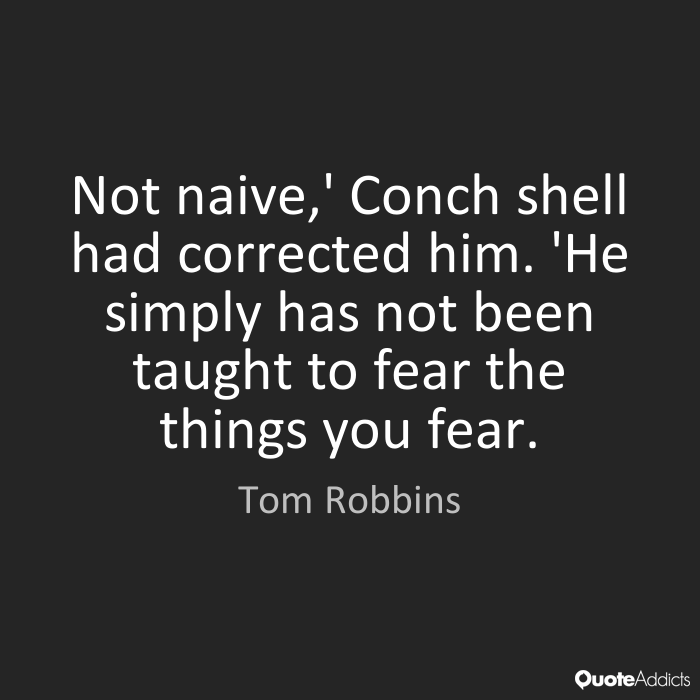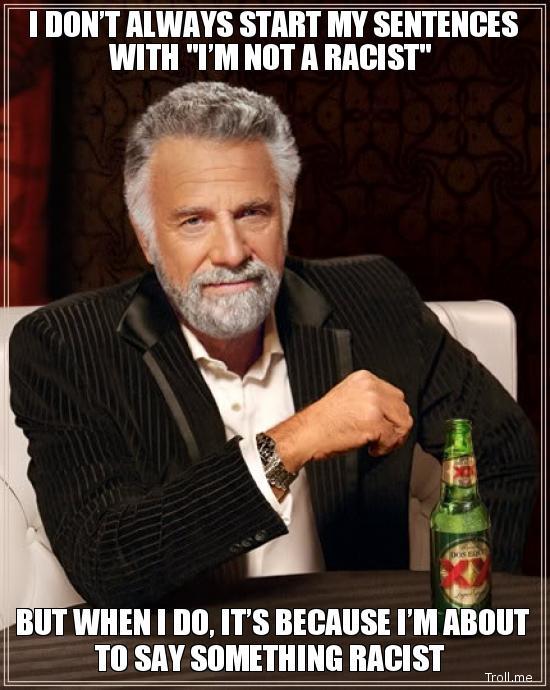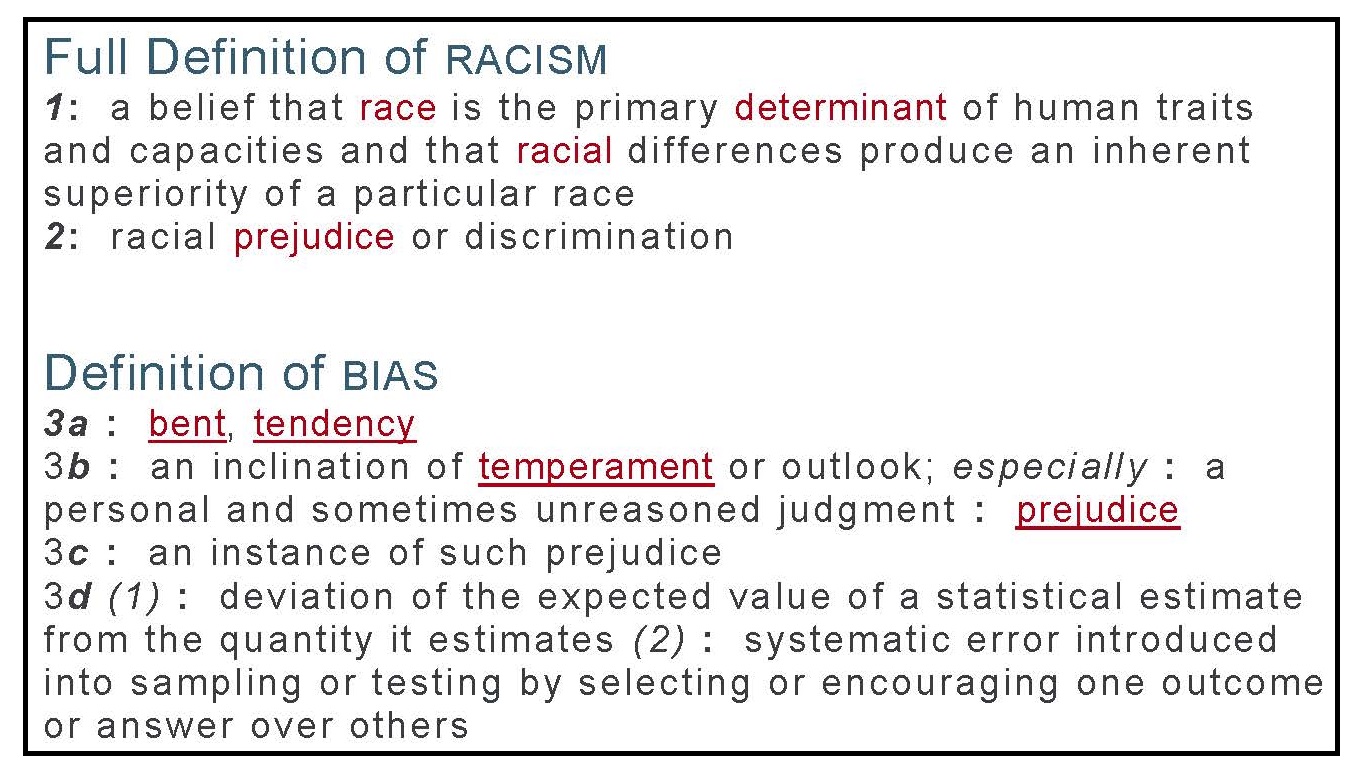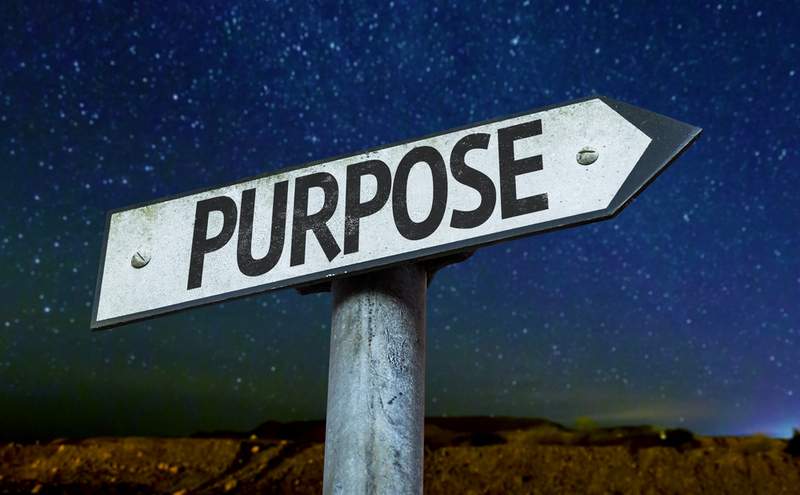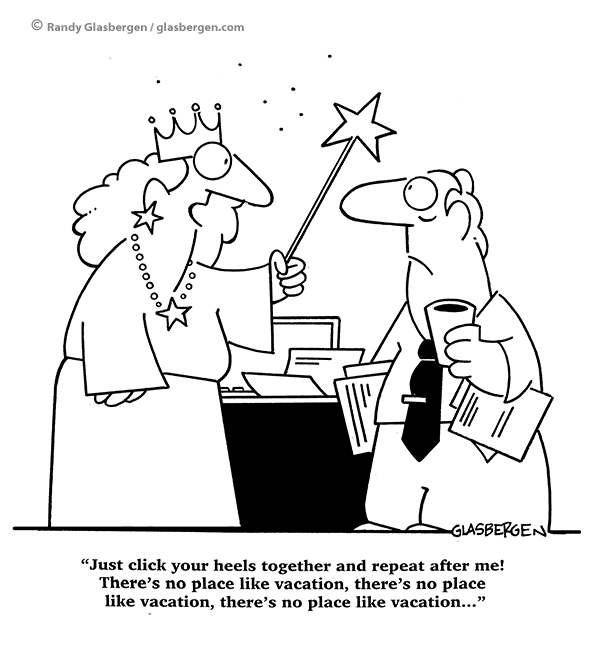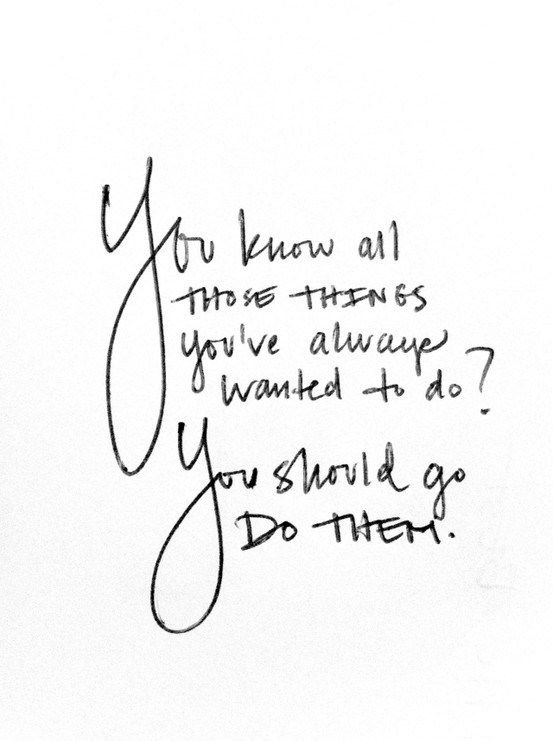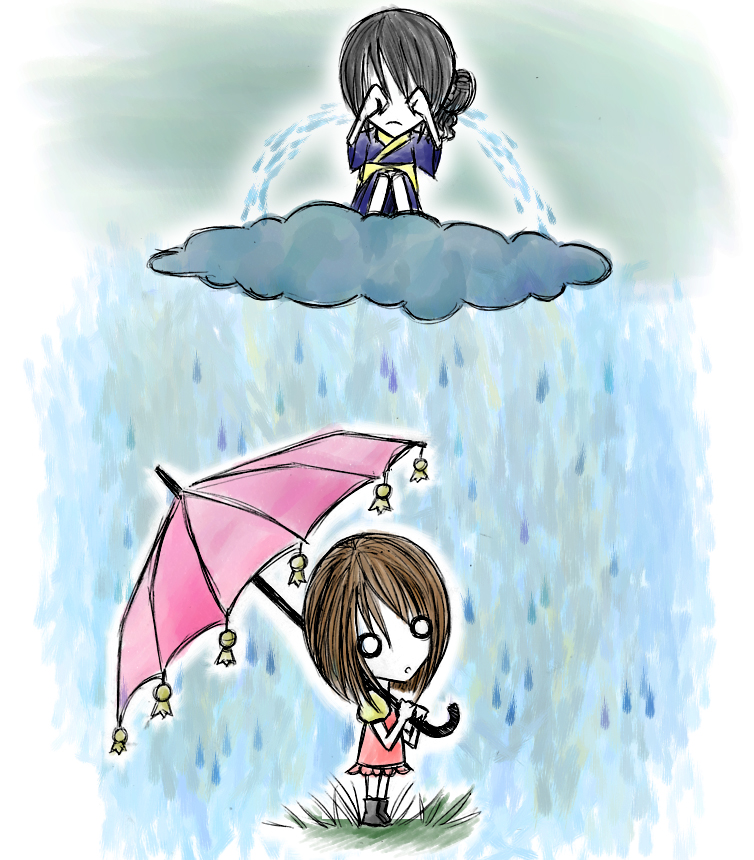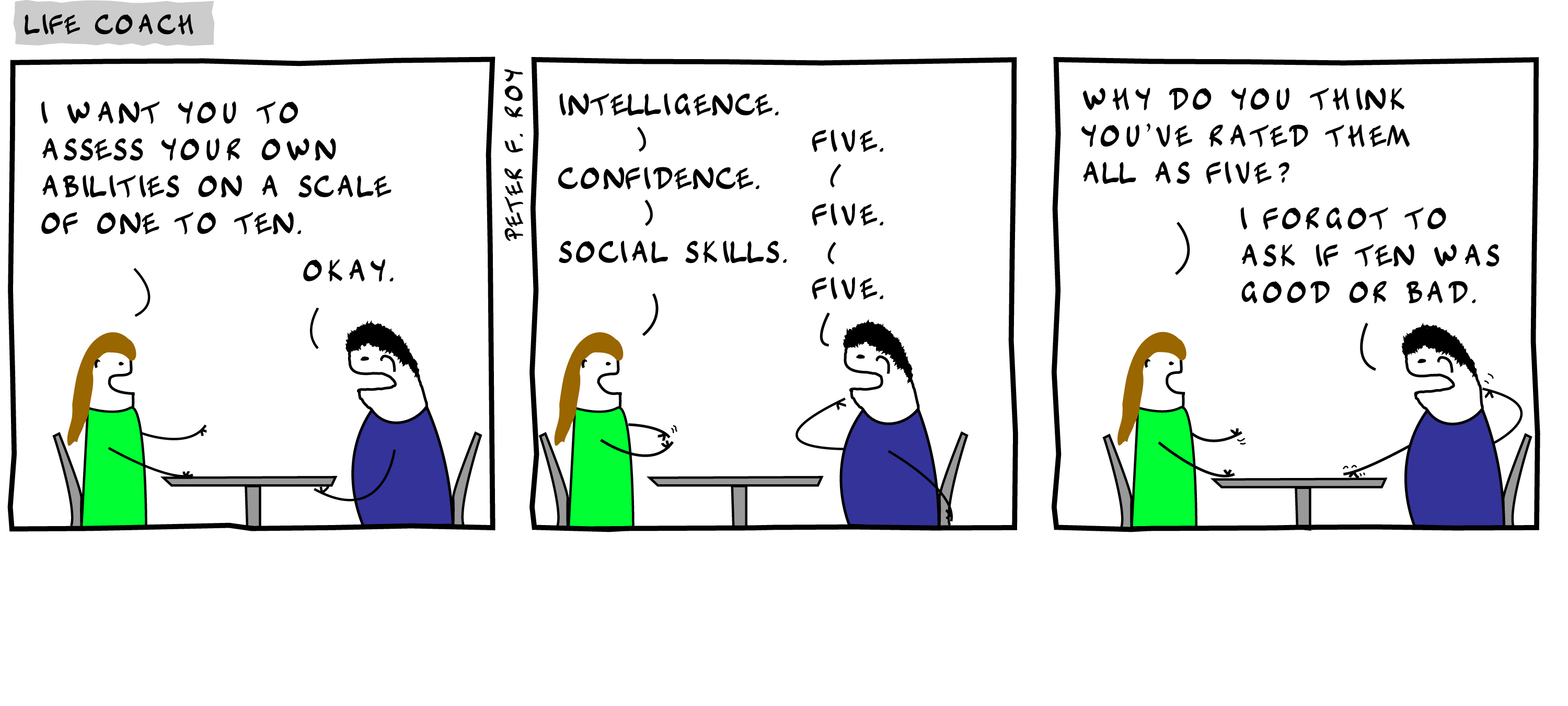Last December my company had its annual holiday dinner, and since the restaurant was near my house a couple of co-workers came over to get ready. For whatever reason, I don’t remember what, I mentioned that I have OCD. Unlike the other mental illnesses that I have, no one ever seems to believe me on this one. I don’t think people think I’m lying or anything, but “I’m OCD” gets bandied about as a joke so commonly by people who aren’t, that it’s hard to imagine that someone actually has it. So when I actually show symptoms people are surprised, as is what happened with my coworker.
That night at dinner we were seated next to each other and she happened to look over and see my plate right as I was finishing organizing my food so that there was a piece of chicken paired up with a proportionately sized piece of potato all neatly lined up. I was so engrossed in this task I didn’t even realize she was looking at me until she said, “Wow, you really do have OCD.” It cracked me up. Hadn’t I just told her that I did? Then came the inevitable question, “So do you have to wash your hands three times, or check the stove multiple times, or anything like that?”

No, that’s not how my OCD manifests. Okay, that’s a little bit of a lie. I always grab three paper towels to dry my hands in public restrooms. Doesn’t matter if two is enough, I inevitably grab that third one. I can’t stop myself. But other than that my thing isn’t counting; it’s organizing. If it can be alphabetized, it is. If it can be color-coded, it is. If it can be sorted by size or shape, it is. If it can be alphabetized, color-coded and sorted by size or shape I am one happy camper!
As a child, this was how I coped with having no control on the rest of my surroundings. My bedroom was the epitome of the saying, “A place for everything, and everything in its place.” If my sister walked in and moved something even half an inch, I knew it and I had to fix it. One time when I was at camp my mom and her friend thought they would be nice and cleaned up my trolls for me – I had over 200. The problem was that they were organized into a troll village that took up over half of my room. I hadn’t left them out, I had left them in their respective homes. So when I got home and saw that all of this had been “cleaned-up,” I lost my shit – like yelling, crying, furiously working to get it all back in place lost my shit. I wouldn’t eat or sleep until I got it back to normal.
This was the worst that I ever got, which is admittedly pretty bad. But as I got older and got my compulsions under control I started to swing in the opposite direction out of fear that I would get compulsive again. Even if it bothered me, I wouldn’t allow myself to organize everything. My desk had to be cluttered. Or my nightstand. Something had to be out of order to prove to myself that I was better. That I didn’t need everything to be perfect. It wasn’t until last year that I finally realized I was doing this. That was also when I realized that OCD aside, I am more content as a person when things are neat and organized. So I organized my desk, and amazingly the world didn’t end, nor did I fall back into harmful compulsive behaviors. Whoo! Instead, I realized that I can use my OCD to my benefit. I’m going to England for vacation and food might become an issue at times because I have so many food allergies. So much to my little OCD heart’s delight, I made a baggie of snacks for each day that I will be gone, taking into account the activities of the day, my sweet tooth, and penchant for low-blood sugar.
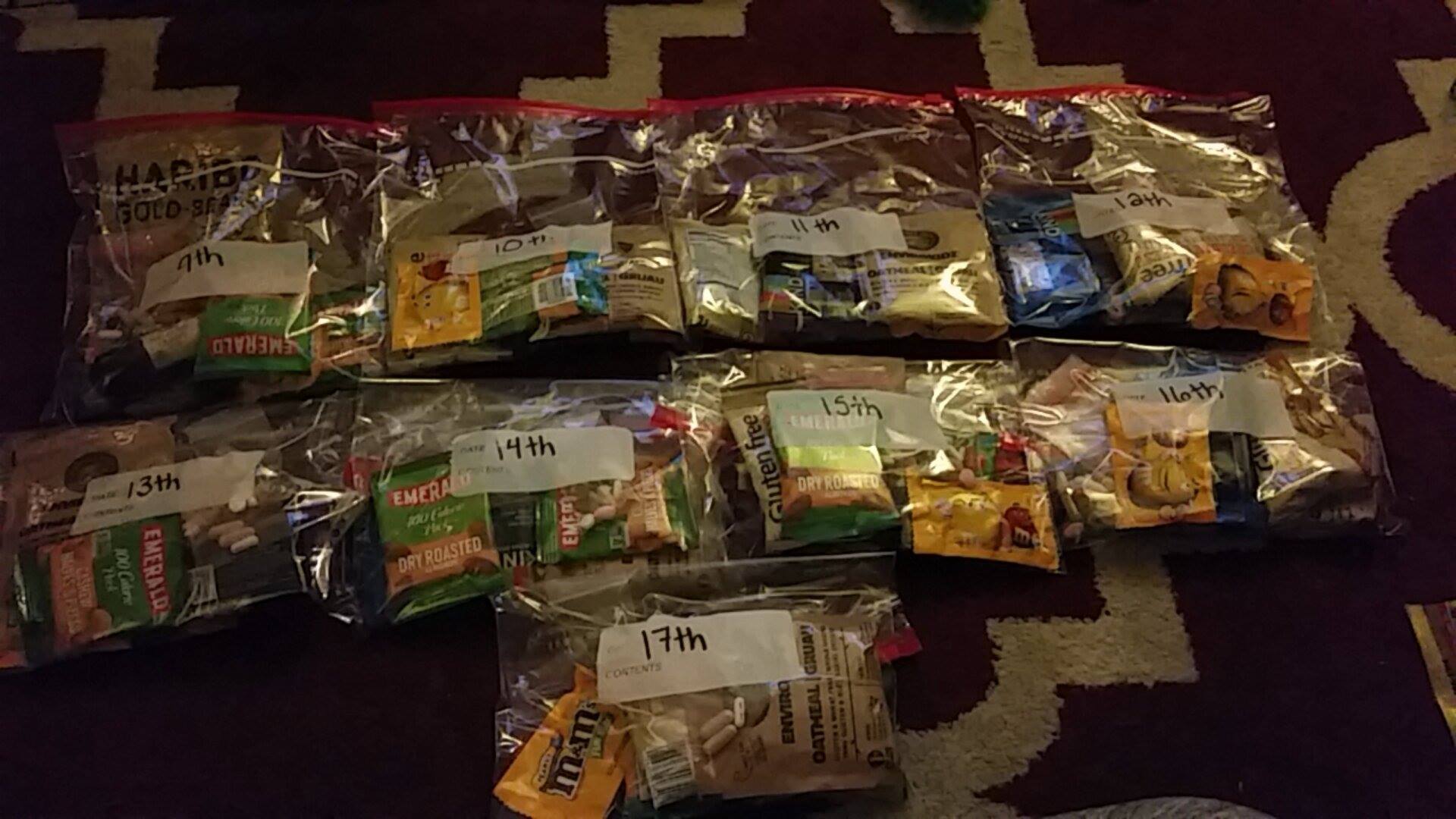
Nailed it!

